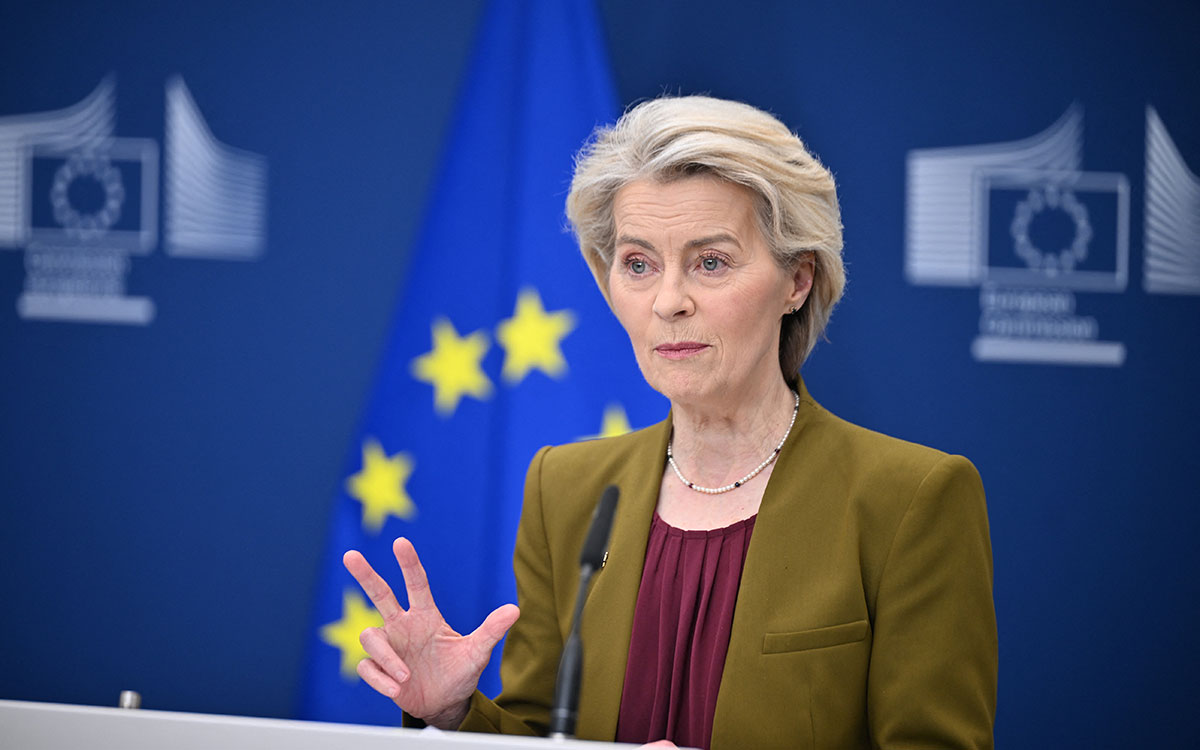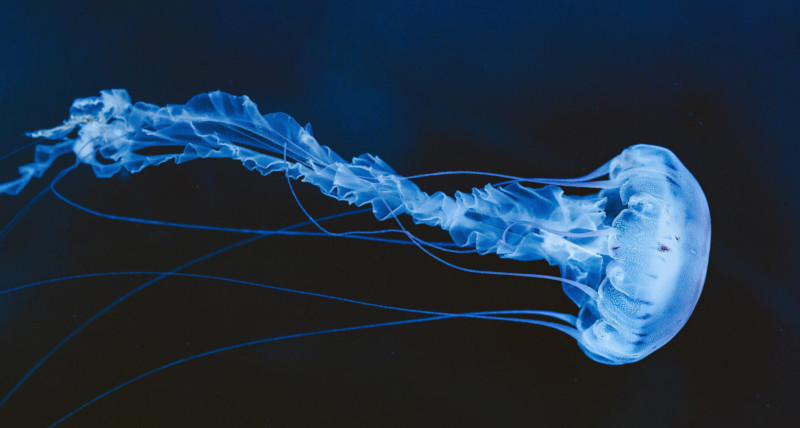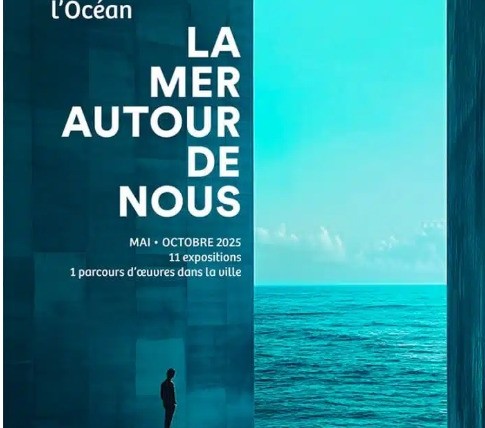The European Union has presented its strategy toward the countries of the southern Mediterranean. The “Mediterranean Pact” is expected to receive political approval in November 2025.
The Pact was presented on October 16, 2025, by Ursula von der Leyen, President of the European Commission, and Kaja Kallas, High Representative of the Union for Foreign Affairs and Security Policy. Resulting from a year of dialogue and consultations, the Mediterranean Pact is structured around three pillars: citizens, economy, and security. It targets Algeria, Egypt, Israel, Jordan, Lebanon, Libya, Morocco, Palestine, Syria, and Tunisia.
A Focus on Concrete Initiatives
For each pillar, more than 100 initiatives have been identified:
1. Citizens
Actions focus primarily on youth and cover higher education, vocational training, employment, mobility, culture, tourism, and sports. A Mediterranean University is one of the flagship projects among others.
2. Stronger, Sustainable, and Integrated Economies
This pillar includes initiatives to modernize trade and investment relations, promote clean energy and technologies, and support sectors such as water management, the blue economy, agriculture, digital connectivity, and transport. Notable projects include the T-MED trans-Mediterranean initiative on renewable energy and clean technologies and StartUp4Med.
3. Security and Migration Management
Priority initiatives focus on disaster preparedness in the Mediterranean. Regarding migration, the Pact proposes a comprehensive approach with integrated border and security management, including the intensification of voluntary returns, re-admissions of irregular migrants, and cooperation to prevent illegal migration. A regional forum on peace and security will be established for the EU and southern Mediterranean countries.
The Barcelona Process: 30 Years of Euro-Mediterranean Cooperation
The Pact is set for political approval by the EU and southern Mediterranean partners in November 2025, coinciding with the 30th anniversary of the Barcelona Process.
Launched in 1995 with the goal of fostering shared peace in the Middle East, the Barcelona Process brings together countries from both shores of the Mediterranean to strengthen cultural, economic, political, and environmental ties. It paved the way for the creation of the Union for the Mediterranean (UfM) in 2008, which now includes all European countries and 16 southern and eastern Mediterranean nations.
Source: vie-publique




